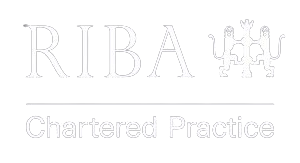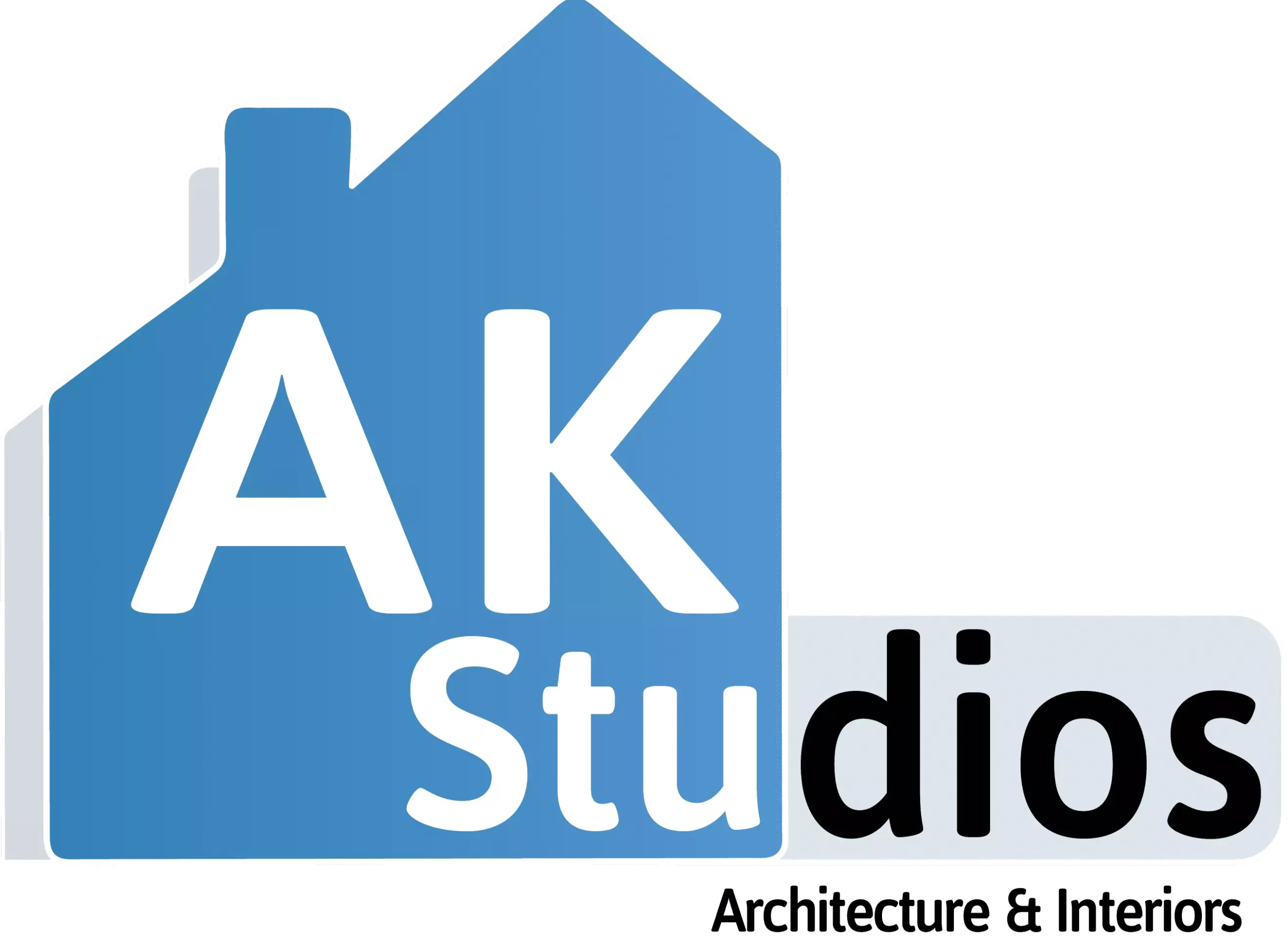Change of Use Planning Applications
If you are looking to apply for a change of use for your property, you may need a planning permission from your local council.
However, if your intended use case falls within the same class, you may be able to continue without applying for change of use.
Whether you are a tenant renting a shop and to change it to a night bar or a landlord changing a single house into offices, flats and shops or opening a new restaurant at a premises or opening a new take away, AK Studios Architects can help with all aspects of the planning drawings, design and applications with all our experience.
You may also require planning permission for putting an awning and a signage at your shop front.
Depending on the specific proposal, Building Regulations may also need to be considered for a change of use.
Please get in touch with to see how we can help with your Change of Use Planning Application.
In September 2020, the Use Classes were changed and made simpler. You can find more details of the Use Classes on Planning Portal at this link.
Class B
- B2 General Industrial – This class use is for industrial process other than those falling within Class E(g) below.
- B8 Storage or distribution – This class is for open air storage use
Class C
- C1 Hotels – This class is for hotels, boarding and guest houses (but excludes hostels or if a significant provision of care is provided at the premises).
- C2 Residential Institutions – Training centres, nursing homes, residential care homes, hospitals, boarding schools and residential colleges
- C3 Dwellinghouses – There are three parts of this class
- C3(a) use by a single person or a single family, an employer and certain domestic employees (such as an au pair, nanny burse, governess), a carer and the person receiving the care and a foster parent and a foster child
- C3(b) up to six people living together in a single household and receiving care e.g supported housing schemes
- C3(c) groups of people, up to six, living together as single household (groups that no not fall within the C4 HMO definition). Examples include a small religious community or a homeowner living with a lodger
- C4 Houses in Multiple Occupation (HMO) –Shared houses occupied between three and six unrelated individuals who share basis amenities such as a kitchen or a bathroom, and is used as their main or only residence.
Class E – Commercial, Business and Service
Class E covers most to the usecases that were defined in previously reviked classes A1/A2/A3, B1, D1(a-b) and indoor sport from D2(e)
- E(a) – Retail sale of goods, excluding hot food
- E(b) — Sale of food and drink for consumption on the premises
- E(c) – Provision of the following services:
- E(c)(i) Financial Services
- E(c)(ii) Professional services other than health or medical services
- E(c)(iii) Other services in a commercial, business or service locality
- E(d) – Indoor sport, fitness, or recreation (not involving motorised vehicles or firearms or swimming pool or a skating rink),
- E(e) – Medical or health services (except the use of premises attached to the residence of the consultant or health practitioner)
- E(f) – Creche, day nursery or day centre (excluding a residential use)
- E(g) – Uses which can be carried out in a residential area without any detriment to its amenity:
- E(g)(i) Offices to carry out any operation or administrative functions,
- E(g)(ii) Research and development of products or processes
- E(g)(iii) Industrial Processes
Class F – Local Community and Learning
This class has two main parts and it covers what was in the previously revoked classes D1: outdoor sport, swimming pools and skating rinks from D2(e) as well as some newly defined local community uses
- F1 Learning and non-residential institutions – There are seven parts of this class for use (not including residential use).
- F1(a) – Education provision
- F1(b) – Display of works of art (other than for sale or hire)
- F1(c) – Museums
- F1(d) – Public libraries or public reading rooms
- F1(e) – Public halls or exhibition halls
- F1(f) – Public worship or religious instructions
- F1(g) – Law Courts
- F2 Local Community– There are four parts of this class for use
- F2(a) – Shops selling mostly essential goods, including food, where the shop’s premises do not exceed 280 sq m and there is no other such facility within 1000 meters
- F2(b) – Halls or meeting places for the principal use of the local community
- F2(c) – Areas or places of outdoor sport or recreation (not involved motorised vehicles or firearms)
- F2(d) – Indoor or outdoor swimming pools or skating rinks
Sui Generis
Sui Generis means ‘in a class of its own’
Some uses are specifically defined and excluded from classification by legislation and therefore they call under ‘sui generis’.
- Theatres
- Fuel stations
- Taxi businesses
- Nightclubs
- Casinos
- Amusement centres / arcades or funfairs
- Launderettes
- Hiring, selling or displaying motor vehicles
- Scrap yards or a yard for storage/ distribution of minerals or breaking of motor vehicles
- Betting offices / shops
- Payday loan shops
- Waste disposal centres or the incineration, chemical treatment or landfill of hazardous waste
- Alkali work’ (any work registerable under the Alkali, etc. Works Regulation Act 1906 (as amended))
- Cinemas (previously were in Class D2(a)
- Hostels (excluding provision of any care)
- Retail warehouse clubs
- public houses, wine bars, or drinking establishments (previously Class A4)
- drinking establishments with expanded food provision (previously Class A4)
- hot food takeaways (for the sale of hot food where consumption of that food is mostly undertaken off the premises) –previously Class A5
- venues for live music performance – newly defined as ‘Sui Generis’
- cinemas (previously Class D2(a))
- concert halls (previously Class D2(b))
- bingo halls (previously Class D2(c))
- dance halls (previously Class D2(d))
If any use falls within the defined limits of a use class, it becomes ‘sui generis’. For example and HMO of more than 6 residents will become a sui generis use.
The source of the above information is Planning Portal Use Classes – Change of use – Planning Portal
Please get in touch with to see how we can help with your Change of Use Planning Application.




